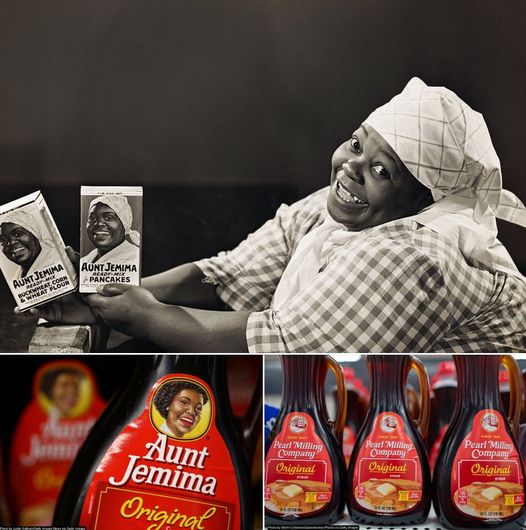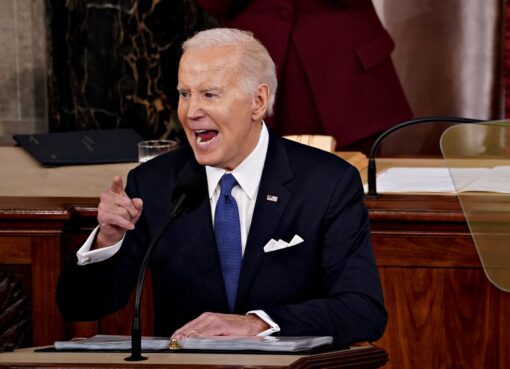“Aunt Jemima’s” great-grandson angry that her legacy is being scrapped: “It’s injustice to my family”

The Quaker Oats Controversy: “Aunt Jemima” Retires Amid Black Lives Matter Protests
In 2020, Quaker Oats made headlines when it declared its intention to retire the “Aunt Jemima” brand in response to the Black Lives Matter movement. However, just one day after this announcement, a great-grandson of “Aunt Jemima” vehemently protested this decision, asserting that erasing the brand would also erase an essential part of black history and suffering.
The Protest of Larnell Evans Sr.
Larnell Evans Sr., a Marine Corps veteran, voiced his concerns, stating, “This is an injustice for me and my family. This is part of my history.” He accused the corporation of attempting to eliminate the memory of slavery after profiting from it for years. Evans continued, “The racism they talk about, using images from slavery, that comes from the other side — white people. This company profits off images of our slavery. And their answer is to erase my great-grandmother’s history. A black female. … It hurts.”
Quaker Oats’ Decision to Retire the Brand
Quaker Oats confirmed its decision to permanently retire the “Aunt Jemima” brand, known for its logo featuring Nancy Green, a formerly enslaved black woman. While Quaker described Green as a “storyteller, cook, and missionary worker,” they omitted her painful history of being born into slavery. Green was originally hired to serve pancakes at the Chicago World’s Fair in 1893, marking the debut of the “Aunt Jemima” brand. After her passing in 1923, Anna Short Harrington, whom Larnell Evans Sr. claims as his great-grandmother, took on the role in 1935 when a Quaker Oats representative witnessed her serving pancakes at the New York State Fair and decided to make her the new “Aunt Jemima.”
Evans’ Perspective
Larnell Evans Sr. shed light on his great-grandmother’s two decades of service to Quaker Oats. She traveled extensively across the United States and Canada, embodying the persona of Aunt Jemima while preparing pancakes for countless people. He emphasized that this occurred after the era of slavery, and serving as Aunt Jemima was her profession. He expressed his frustration, saying, “How do you think I feel as a black man sitting here telling you about my family history they’re trying to erase?”
The Profit from Racial Stereotypes
Evans questioned the morality of Quaker Oats’ profit from a racial stereotype before swiftly moving on when it became expedient. He raised a poignant query: “How many white people were raised looking at characters like Aunt Jemima at breakfast every morning? How many white corporations made all the profits, and didn’t give us a dime?” He contended that erasing this history without providing restitution raises ethical concerns.
This controversy has ignited significant debate. What are your thoughts on this matter? Share your opinions in the comments section.
If you support the Black Lives Matter movement and its objectives, consider sharing this article on Facebook to promote awareness.



Leave a Comment